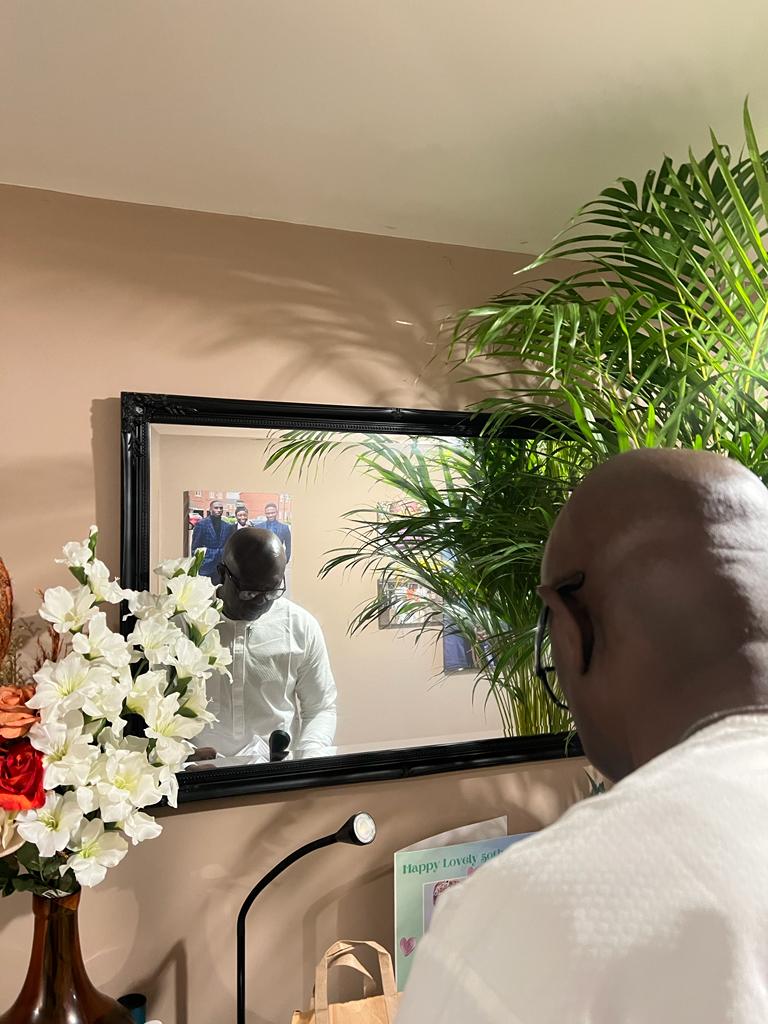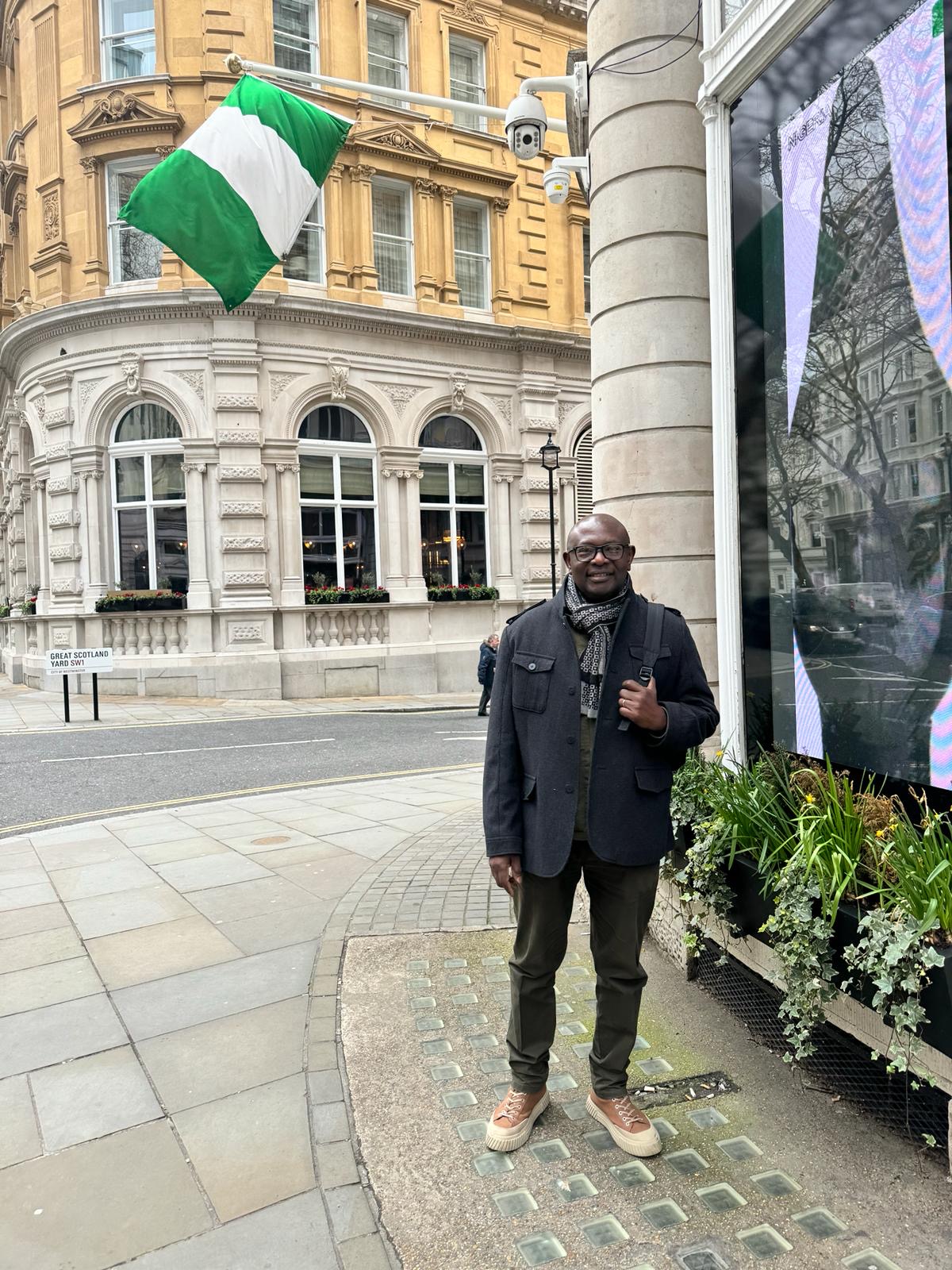By M. Babajide-Alabi
As we count down to Nigeria’s 2015 General Elections on March 28, so also is the world watching events unfold in the United Kingdom towards the May 7 elections. These two countries are linked in history. Nigeria, a former colony, governed and ruled by Her Majesty the Queen and a member of the Commonwealth.
After the amalgamation of the protectorates in 1914, Britain played a significant role in the shaping of every facet of the country. The colonialists built and modelled all structures in Nigeria on what was obtained in the home country. It was therefore no surprise that Nigeria operated the British style parliamentary government while education, health, economy were run as close to what was obtained in the UK.
It is to UK’s credit and the discipline of the First Republic politicians that Nigeria had a lot of significant developments. This has also been attributed to the fact that the political model bequeathed to the country was a simple and easy to run system, designed to achieve success. This is contrast to the expensive presidential system of government that we have in place now.
Nowadays one is safe to say that Britain and Nigeria’s connection seem to have only existed in the colonial era. The Commonwealth and the English Language may be the things we can actually point to as our tie with the former colonial masters. The two countries have drifted apart in terms of economy, education etc
By coincidence or providence, the two countries are having very crucial elections in the first part of this year. While the world is keenly watching events in Nigeria in the run up to the elections, especially against the backdrop of Boko Haram’s threat, the British election is also on top of the agenda of the world order. To observers, the outcome of the elections or the process will determine the continuity or otherwise of the great country, Nigeria. While on the other hand, the world is taking so much interest in the British election because, according to historians, no election has been as unpredictable as this is turning out to be.
The opinions polls have been swinging right and left, up and down with no clear majority for any of the major UK parties. To further illustrate this unpredictability, observers and politicians are beginning to advise the formation of coalition government after the election between unlikely “friends”, the Tories and Labour. The electorates are undecided on who is the best to form a government in the next parliament. The same can also be said in Nigeria that few weeks to the elections, the outcome is still as hazy as an harmattan morning.
Undoubtedly, in campaigns before elections in the United Kingdom and lately other European countries, immigration is usually the key issue. However, it is surprising that this time around in the UK, the immigration “song” is only on the lips of the NIgel Farage-led United Kingdom Independent Party (UKIP). The other parties, especially the Conservatives and Labour seem to concentrate more on the economy than immigration. This seems a deviation from the past elections when politicians try to “out speak” each other on immigration. However, pundits are confident the issue might resurface after March 30 when the official election campaigns takes off.
The British political campaign formats are different from what is obtained in Nigeria. Unlike here, there are no open street rallies, drumming or all the political “somersaults and acrobatics that we engage in. The British politicians rely more on door-to-door campaigns, party conventions, meeting with business groups, constituency meetings and the media to drum up support for their parties and policies.
The UK media has always played a significant role in the determination of elections. They most times set the “agenda” for the politicians and also serve as the unbiased umpire. In the run up to the 2010 elections, the major TV broadcasts companies came up with the successful idea of multi-dates political debates. The three major candidates at the time David Cameron (Conservative Party), Gordon Brown (Labour Party) and Nick Clegg (Liberal Democrats) participated in these debates that greatly influenced the outcome of the election.
“Rolling” on the success of the 2010 style, the media houses announced their plan for similar broadcasts for this year. However, because of the growing influence of other parties such as UKIP, Green Party and the Scottish National Party (SNP) there was the dilemma on how to format the debate this time around.
The idea of television debates among politicians is not new in Nigeria too. There were a few successful debates organised in the past. The problem with the debates in Nigeria is credibility. It is not uncommon for one of the candidates to throw spanner in the works by accusing the debate organisers of partisanship. When the idea of a televised debate was mooted earlier this year, the APC Presidential Candidate Major-General Muhammad Buhari was quick to voice his lack of interest in such venture. He stated that some of the organisers have been compromised and will not be in his party’s interest to participate.
General Buhari’s decision not attend was roundly condemned by some Nigerians, accusing him of “running away” from an opportunity to lay down his policies to the Nigerian electorates. No matter how hard or absurd the accusation were, they did not change Buhari’s stand. Instead, the APC candidate jetted out to London to address the world at Chatham House.
While in London, Buhari seemed to have gotten the ears of David Cameron on how to “dodge” participation in TV debates. The UK Prime Minister last week Thursday finally followed Buhari’s footstep, he declared his non-participation in multi-dates, one-on-one TV debates as planned. Instead Cameron “ordered” the broadcasters to streamline their plans for him to participate in one 90-minutes debate that involves seven political parties. A kind of market-place debate.
While Cameron has stated that the TV debates “draws life” out of the elections, his non-participation may be a disservice to the British people. This is a shame because this is a man who rode on the back of the 2010 televised debates to Downing Street. It is also saddening that the UK Prime Minister is giving the “air” that he can “muzzle” the press and make them to do his bidding. To call his bluff, the broadcasters announced on Friday that they will go ahead with the planned debates, even if the Prime Minister will not be in attendance.
Now the Labour leader Ed Milliband has found his voice and he is using it. This TV debate “debacle” may be what he needs to win the next general election. May be or may be not.
Published in the Sunday Vanguard of March 8th 2015. Read more articles here – http://www.vanguardngr.com/2015/03/nigeria-and-britain-are-two-of-a-kind/







